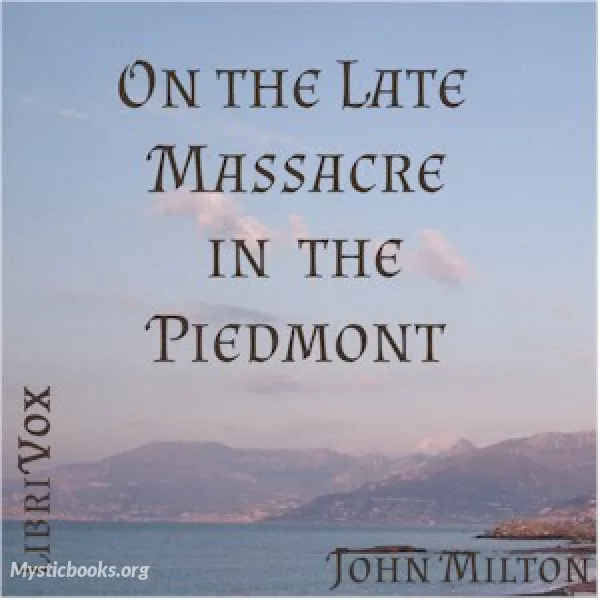
On the Late Massacre in the Piedmont
by John Milton
'On the Late Massacre in the Piedmont' Summary
In the wake of the 1655 Easter massacre of Waldensians in Piedmont, Italy, a wave of horror and indignation swept across Europe. John Milton, the renowned English poet, responded to this atrocity with a powerful sonnet, "On the Late Massacre in the Piedmont," a searing indictment of religious persecution and a poignant call for justice.
Milton's sonnet opens with a direct and forceful plea to God, "Avenge, O Lord, thy slaughtered saints, whose bones / Lie scattered on the Alpine mountains cold." These opening lines capture the essence of the poem's central theme: the demand for divine retribution against the perpetrators of this heinous crime.
The imagery employed by Milton is stark and evocative, painting a vivid picture of the devastation wrought upon the Waldensian communities. He describes the once-vibrant regions of Piedmont as now reduced to "fields of scatter'd bones," a haunting reminder of the lives lost in the massacre.
Despite the overwhelming sense of grief and loss that permeates the poem, Milton finds a glimmer of hope in the steadfast faith of the Waldensians. Their unwavering belief, even in the face of death, serves as a beacon of inspiration, igniting a flame of resistance against oppression and injustice.
Milton's sonnet is not merely a lament for the past; it is a clarion call for action, urging readers to stand against tyranny and defend the fundamental right to religious freedom. The poem's concluding lines underscore this message, as Milton declares, "Who, having learnt thy way, early may fly / The Babylonian woe."
Through the power of poetry, Milton transforms the tragedy of Piedmont into a powerful symbol of the struggle for human rights and the enduring spirit of faith. "On the Late Massacre in the Piedmont" remains a timeless reminder of the importance of speaking out against injustice and the transformative power of words in the pursuit of a more just and equitable world.
Book Details
Authors
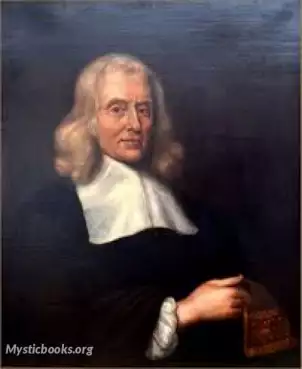
John Milton
England
John Milton was an English poet and intellectual who served as a civil servant for the Commonwealth of England under its Council of State and later under Oliver Cromwell. He wrote at a time of religio...
Books by John MiltonDownload eBooks
Unfortunately, no ebooks exist for this book, yet...
Listen/Download Audiobook
- Select Speed
Related books
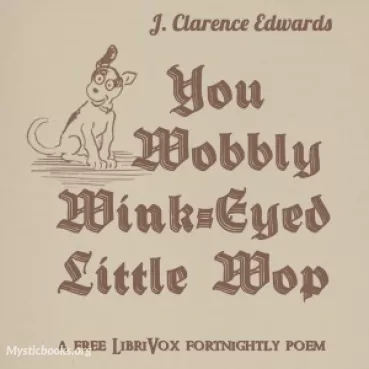
You Wobbly Wink-Eyed Little Wop by J. Clarence Edwards
What if the most racist poem ever written was actually a satirical masterpiece? J. Clarence Edwards's "You Wobbly Wink-Eyed Little Wop" is one of the...
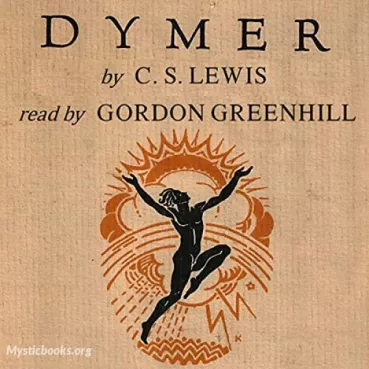
Dymer by C. S. Lewis
The poem tells the story of Dymer, a young man on a quest to discover his true identity and purpose in life. It is a deeply philosophical work that ex...
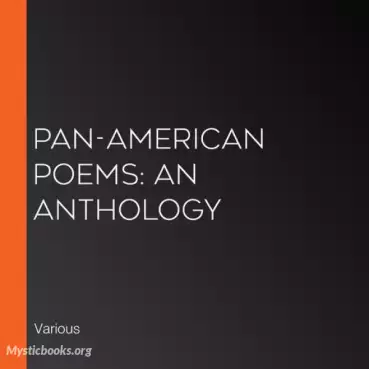
Pan-American Poems: An Anthology by Agnes Blake Poor
In this anthology, Agnes Blake Poor introduces to the American public a collection of Latin American poets in translation. The poems are organized by...
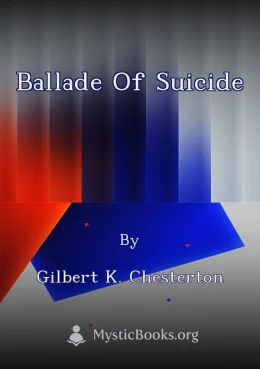
Ballade of Suicide by Gilbert K. Chesterton
A man contemplates suicide, weighing the pros and cons of ending his own life. He considers the arguments of those who believe that suicide is a cowar...
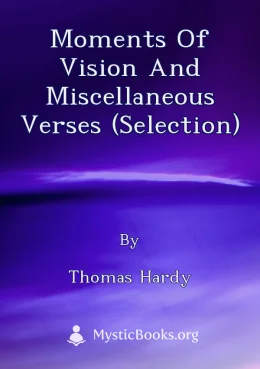
Moments of Vision and Miscellaneous Verses (Selection) by Thomas Hardy
Hardy claimed poetry as his first love, and published collections until his death in 1928. Although not as well received by his contemporaries as his...
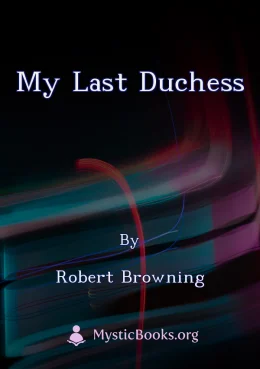
My Last Duchess by Robert Browning
Set in the Italian Renaissance, the poem presents the disturbing monologue of a Duke of Ferrara as he recounts the events leading to the demise of his...
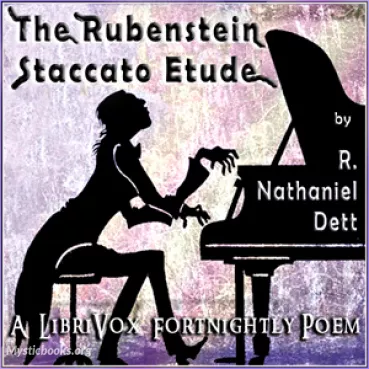
The Rubinstein Staccato Etude by R. Nathaniel Dett
In the hands of a masterful pianist, the Rubinstein Staccato Etude by R. Nathaniel Dett is a whirlwind of virtuosity and emotion. The Rubinstein Stac...
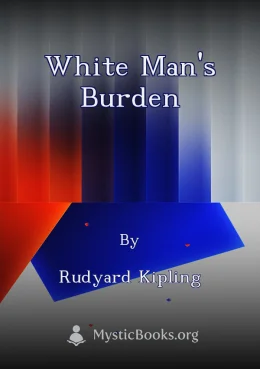
White Man's Burden by Rudyard Kipling
“The White Man’s Burden” is a poem by Rudyard Kipling, published in 1899. It is a powerful and controversial work that explores the complex relationsh...
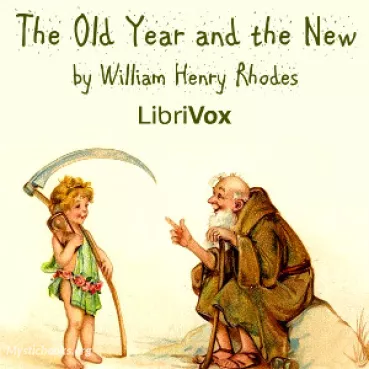
The Old Year and The New by William Henry Rhodes
Embrace the passing of time with poetic grace in "The Old Year and The New" by William Henry Rhodes, a mesmerizing journey that intertwines the essenc...
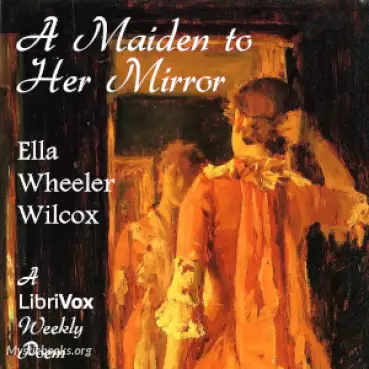
A Maiden To Her Mirror by Ella Wheeler Wilcox
Our maiden reflects on growing old.
Reviews for On the Late Massacre in the Piedmont
No reviews posted or approved, yet...